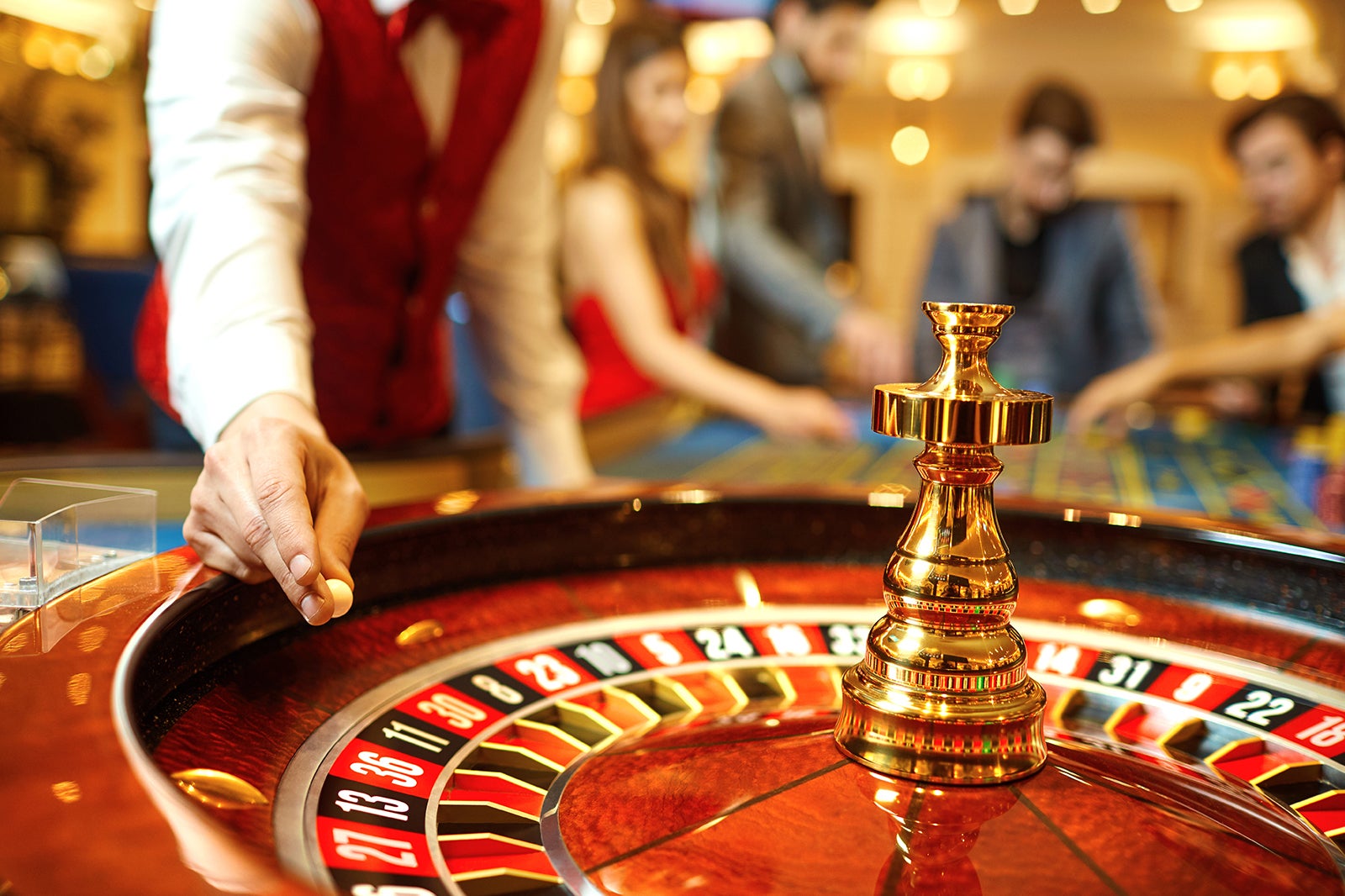
Within the vibrant realm of gambling halls, in which the air humms with excitement and the clinking of chips permeates the environment, the position of a dealer is both crucial and captivating. Every day, these skilled professionals step into a realm where fortune and tactics converge, guiding players through the ups and downs of their chosen casino titles. From card games like blackjack and poker to the revolving wheels of roulette, dealers facilitate the gameplay while guaranteeing that every game runs smoothly and honestly.
As the sun rises on another bustling day, a casino game dealer prepares to immerse themselves in this vibrant setting. Their responsibilities extend beyond merely distributing cards or turning a wheel; they are also performers, service providers, and keepers of the game regulations. Each shift brings new obstacles and experiences, making every day distinct in the life of a casino dealer. This insider look will examine the day-to-day operations of a casino game dealer, highlighting the skills and experiences that make this career both thrilling and rewarding.
The Role of a Casino Table Dealer
A gambling table croupier is at the heart of the gaming experience, orchestrating the flow of the play while ensuring that players are engaged and enjoying themselves. Their primary responsibility is to manage the table, which includes dealing cards, spinning the wheel, or handling the chips, depending on the game being played. Croupiers must possess a thorough understanding of the regulations and regulations governing each type of game, while also upholding a welcoming and approachable demeanor to enhance the gambling atmosphere.
In addition to managing the play, croupiers must also keep a close watch on the players and the surroundings around the game. This includes monitoring for any indications of cheating, making sure that everyone is adhering to the guidelines, and addressing any conflicts that may arise among players. Effective communication skills are essential, as dealers often give explanations about the game’s mechanics and offer assistance to those who may be new to casino games.
Moreover, a croupier’s role extends beyond just the mechanical aspects of the play. They play a crucial part in creating an enjoyable experience for the players. This necessitates establishing a connection with patrons, being attentive to their needs, and often injecting an aspect of fun into the game. It’s this mix of skill, vigilance, and people skills that makes the position of a gambling game dealer both demanding and rewarding in the dynamic world of gambling games.
Daily Responsibilities and Challenges
One of the primary responsibilities of a dealer in a casino is to oversee the multiple games offered at their table, guaranteeing a seamless and satisfying experience for players. Dealers must be adept at dealing cards, managing chips, and maintaining the continuity of the game. This requires a sharp understanding of the regulations of each game, from blackjack to roulette, and the ability to address players’ questions while keeping the game moving. Attention to detail is paramount, as dealers must track bets, disburse winnings correctly, and monitor any cheating or discrepancies at the table.
In addition to supervising the game per se, dealers face challenges such as dealing with difficult players. The casino environment can be high-pressure, particularly during high-stakes games, and a dealer must remain calm and professional at all times. They need strong interpersonal skills to navigate interactions with players who may be upset about losses or dissatisfied with the game’s speed. Navigating these situations delicately is essential in ensuring a friendly atmosphere on the casino floor.
Another significant responsibility is upholding the integrity of the game. Dealers must be alert and observant, watching for any signs of collusion or cheating among players. This involves not only a strong knowledge of the games but also an awareness of player psychology. They must also follow the casino’s regulations and procedures, taking part in regular training sessions to stay informed on rules and protocols. Balancing these responsibilities while providing top-notch customer service is what makes the role both difficult and fulfilling for a casino game dealer.
Qualities and Qualities for Success
A effective casino game dealer must possess superior communication skills. This includes not just the ability to effectively explain game rules and procedures to participants but also the capacity to engage with them in a cordial and respectful manner. Fostering rapport with guests can enhance the gaming experience and encourage repeat visits to the casino. Proficient communication enables dealers to manage tables smoothly while ensuring that players feel appreciated.
Moreover, strong mathematical skills are essential for a dealer. Quick calculations are often required to follow bets, payouts, and game outcomes in real time. A dealer’s ability to perform these numerical tasks accurately and swiftly adds to the overall efficiency of the game. This skill helps in maintaining the flow of play and in minimizing disputes or misunderstandings with players, which is crucial in a fast-paced casino environment.
Lastly, an ideal casino game dealer should demonstrate integrity and professionalism at all times. https://fun88p.net/ Trust is a vital component of the gaming experience, and players must feel secure that the games are conducted equitably and transparently. A dealer’s devotion to upholding high ethical standards fosters a friendly atmosphere at the table and enhances the casino’s reputation. Being dependable in behavior ensures that dealers leave a memorable impression on guests, which can lead to a loyal customer base.
